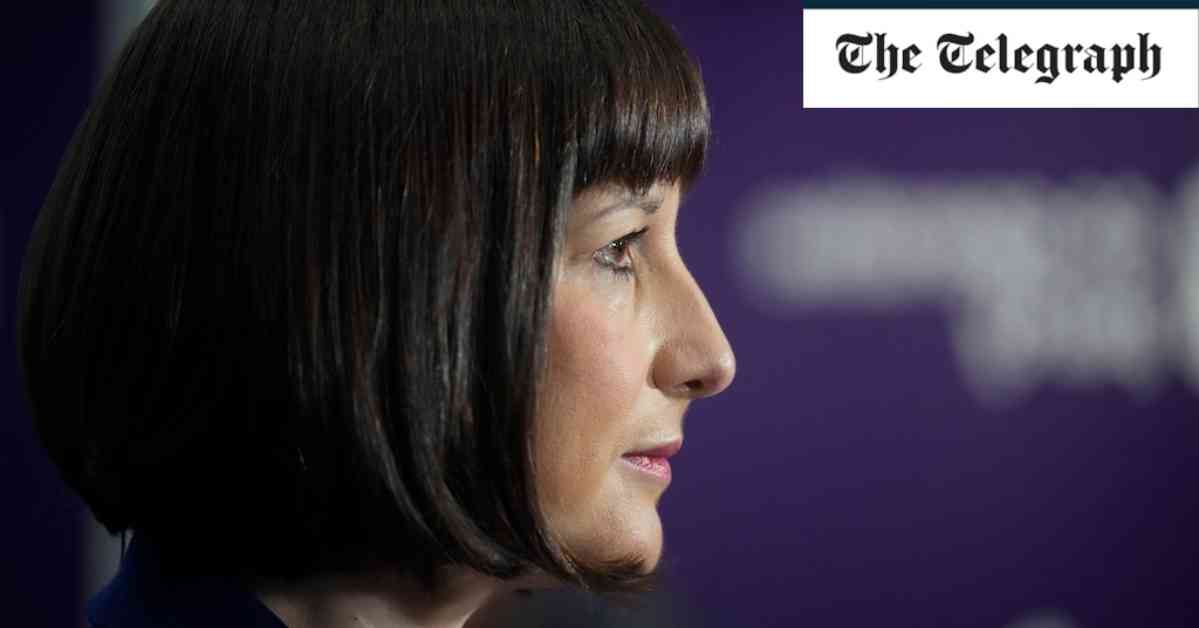British Economy Update: Challenges and Opportunities
In recent news, the British economy is facing a tough time as more than a quarter of advertisers are planning to cut their spending on various platforms, including social media. This decision comes as a blow to Elon Musk, who took over the social media platform formerly known as Twitter. Despite Musk’s efforts to revamp the platform and reinstate banned accounts like Donald Trump and Tommy Robinson, companies are still hesitant to invest in advertising on the platform.
The impact of reduced advertising spending is significant, as it not only affects the revenue of social media companies but also has broader implications for the overall economy. With businesses cutting back on advertising, there could be a ripple effect on other sectors, leading to job losses and reduced consumer spending.
Key Economic Developments
1. **Workers’ Rights Overhaul**: According to new proposals put forth by Deputy PM Rayner, there are concerns that the overhaul of workers’ rights could create a two-tier job market, leaving vulnerable workers worse off. This move could have far-reaching implications for the labor market and may affect the overall economic stability.
2. **Landlords Selling Rental Homes**: In anticipation of potential changes to capital gains tax in the upcoming Budget, landlords are rushing to sell their rental properties. This trend could lead to further rent increases for tenants, exacerbating the housing crisis and impacting household finances.
3. **Thames Water Creditors Seek Peace Deal**: Amid fears of nationalization, creditors of Thames Water are seeking a peace deal to avoid a breakdown in relations with Ofwat. The outcome of these negotiations could have implications for the utility giant’s future and the stability of the water supply in the UK.
4. **Green Power Targets**: Energy Secretary Miliband is facing criticism over the feasibility of the UK’s 2030 net zero goal. Critics argue that significant transformations are needed to meet this target, raising questions about the government’s commitment to environmental sustainability and the economic implications of such a transition.
5. **BBC Job Cuts and Diversity Drive**: The BBC is cutting dozens of jobs while simultaneously investing £80 million in a new diversity drive. This move aims to improve representation within the broadcaster but also highlights the challenges of balancing cost-cutting measures with diversity initiatives in a changing media landscape.
Global Market Trends
Overnight, Asian markets experienced mixed performance following a global sell-off, with Wall Street declining in key sectors. In Japan, the Nikkei 225 slipped 0.9%, reflecting concerns about wage growth and the possibility of another rate hike. Meanwhile, South Korea’s economy contracted by 0.2% in the second quarter, signaling ongoing challenges in the region.
In the US, Wall Street closed slightly lower, with the S&P 500 and Nasdaq Composite index dipping, while the Dow Jones Industrial Average saw modest gains. The bond market also saw fluctuation, with the yield on 10-year US Treasury notes falling.
These global market trends underscore the interconnected nature of the economy and the challenges facing different regions. The British economy, in particular, is navigating a complex landscape of shifting consumer behavior, regulatory changes, and global economic uncertainties.
Challenges and Opportunities for the British Economy
As the British economy grapples with various challenges, there are also opportunities for growth and innovation. The following factors will play a crucial role in shaping the economic landscape in the coming months:
1. **Digital Transformation**: The shift towards digitalization presents new opportunities for businesses to reach consumers and streamline operations. Companies that invest in digital technologies and online platforms are likely to adapt more effectively to changing market conditions and consumer preferences.
2. **Sustainable Practices**: With a growing focus on environmental sustainability, businesses that prioritize eco-friendly practices and renewable energy solutions stand to gain a competitive advantage. Investing in green technologies and reducing carbon footprints can not only benefit the environment but also attract environmentally conscious consumers.
3. **Labour Market Reforms**: The proposed workers’ rights overhaul highlights the need for a balanced approach to labor market reforms. By prioritizing fair wages, job security, and employee well-being, businesses can foster a more inclusive and resilient workforce, leading to long-term economic growth.
4. **Infrastructure Investment**: Improving infrastructure, such as transportation networks, digital connectivity, and energy systems, is essential for supporting economic development and attracting investment. Strategic infrastructure projects can create jobs, stimulate economic activity, and enhance the overall competitiveness of the UK economy.
5. **Diversification and Innovation**: Encouraging diversification in industries and promoting innovation through research and development can drive economic growth and competitiveness. Supporting small and medium-sized enterprises (SMEs) and fostering a culture of entrepreneurship can lead to new business opportunities and economic prosperity.
In conclusion, the British economy is facing challenges on multiple fronts, from declining advertising spending to regulatory changes and global market uncertainties. However, by embracing opportunities for digital transformation, sustainable practices, labor market reforms, infrastructure investment, and innovation, the UK can navigate these challenges and emerge stronger and more resilient in the post-pandemic era. It is essential for policymakers, businesses, and stakeholders to collaborate effectively and prioritize long-term economic sustainability for the benefit of all.












